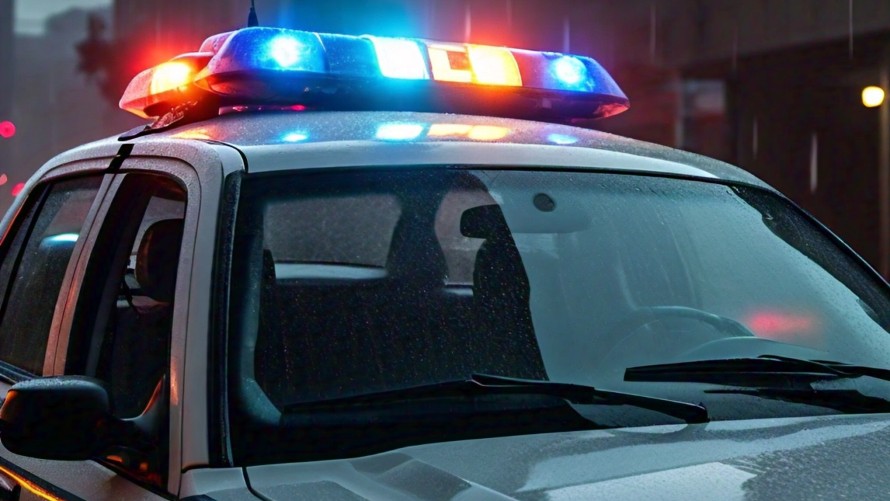A new study led by Cornell University city planning expert Wenfei Xu has revealed that Black drivers in Chicago are significantly more likely to be stopped by police than white drivers, regardless of where they live or are going. The study, which used mobile phone GPS data to map the racial composition of roads, confirms a racial bias in traffic stops that the researchers say is replacing stop and frisk as a new tactic for discrimination.
Xu and her team, including Houpu Li, a master’s student in city and regional planning, and experts from Rutgers University, the University of Illinois, Chicago, and the University of Sydney in Australia, analyzed traffic stops and citations based on who is actually driving, down to the level of city blocks and intersections. They obtained data from Replica, a mobility analytics platform, illustrating traffic patterns on a representative day in 2020, encompassing 46 million trips in the Chicago metro area.
Overrepresentation of Black Drivers in Police Stops
The researchers found that on a street where data showed half of the drivers were Black, there was a 54% probability of Black drivers being issued a camera ticket. However, police-initiated traffic stops showed a “strong overrepresentation” of Black motorists relative to the proportion on the roads – and the reverse for white drivers. On a street with 50% Black drivers, they comprised about 70% of the police stops, on average. Where half of drivers were white, fewer than 20% of stops involved white drivers.
“This is the first time that we’ve had such a granular, block-by-block understanding of a bias in traffic enforcement, showing that police disproportionately stop Black drivers at a higher rate,” said Xu, assistant professor of city and regional planning in the College of Architecture, Art and Planning (AAP) and director of the Urban Data Research Lab.
Questionable Justifications and Potential Dangers
The justification for the stops, whose number have increased steadily over the past decade, seems questionable, according to Xu, since a small fraction result in arrests, and an even smaller percentage uncover illegal gun possession. However, traffic stops can escalate into dangerous encounters that place Black Americans at higher risk, with the 2016 police killing of Philando Castile in Minnesota being one high-profile example.
Xu noted that the traffic stops appear to mirror stop-and-frisk policies criticized for systemic racial bias in disproportionately impacting minority residents. She suggested that cities and their police departments should consider prohibiting stops for minor offenses such as a broken taillight or expired registration to address this issue.
The study, “The Racial Composition of Road Users, Traffic Citations, and Police Stops,” was published June 3 in Proceedings of the National Academy of Sciences and provides a new level of detail in understanding racial profiling in traffic enforcement. As cities grapple with issues of systemic racism and police reform, this research highlights the need for a closer examination of traffic stop practices and their potential for perpetuating discrimination.


